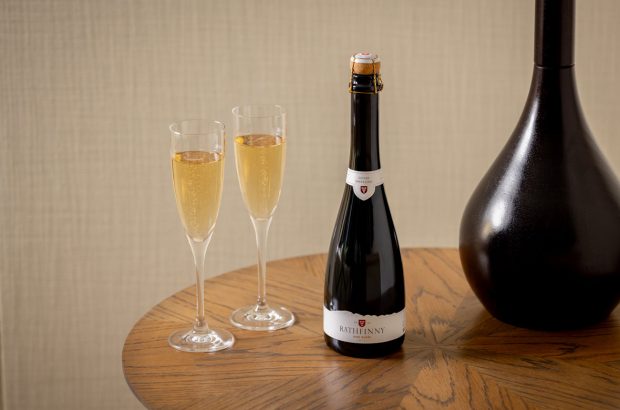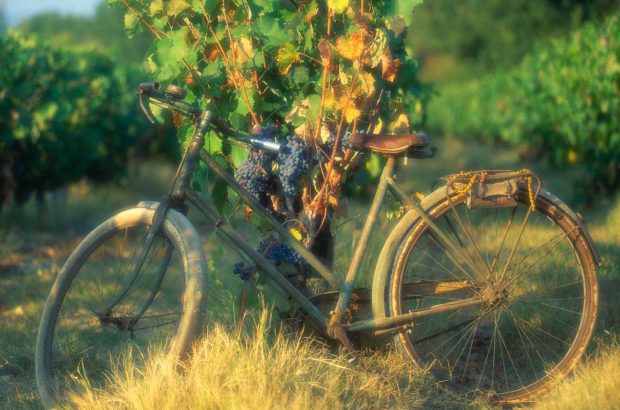Premier Alsace estate Domaines Schlumberger should be vastly reducing its output of Grand Cru wines this year as a result 2003’s dramatic weather conditions.
Frost, hailstorms and heatwave conspired to produce crops that ‘were not as good as we expected,’ Severine Schlumberger told decanter.com.
And for the first time ever Alsace producers were allowed to acidify the wines – add tartaric acid in order to bump up levels that the ferocious heat of the summer had left ‘terribly low.’
Alsace was hit by spring frosts in April and then devastated by hailstorms in May, which wiped out the majority of the non-Grand Cru vineyards of the southern part of the region.
Schlumberger itself lost 55% of its crop in the storms. The majority of this was non-Grand Cru Gewurztraminer, which makes up a significant part of the Domaine’s output, and Pinot Blanc.
But it was the heatwave of the summer that was the decisive factor in the lack of Grand Cru wines this year. Depending on quality of the vintage producers in Alsace decide whether grapes will go into first or second wines – ie Grand Cru or the equivalent of reserve.
The practice is similar in Bordeaux and other regions. In Montalcino, for example, grapes which don’t reach the highest standards are put into properties’ Rosso di Montalcino.
Much of the output of Schlumberger’s Kitterle vineyard – the ancient, vertiginous slopes which produce some of the Domaine’s very finest Gewurztraminer – may well go into the second wine, Les Princes Abbes.
In fact Kitterle suffered less than other vineyards because of the depth of the roots, but, Schlumberger said, ‘We’re not sure yet but we think it might not reach the standard we want.’
‘In 2003 the vines were starved. They didn’t manage to get enough water and the result was low yields and very small berries. There is also a terrible lack of acidity.’
Acid was added to some of the wines, but she stressed there is no stigma attached to acidification. ‘Tartaric acid is a perfectly natural element in the wine. It is just like chaptalisation – adding sugar – but using acid instead.’
Schlumberger also said that the Domaine’s Pinot Noir, Muscat and Sylvaner were ‘fantastic’ quality in 2003.
Written by Adam Lechmere




